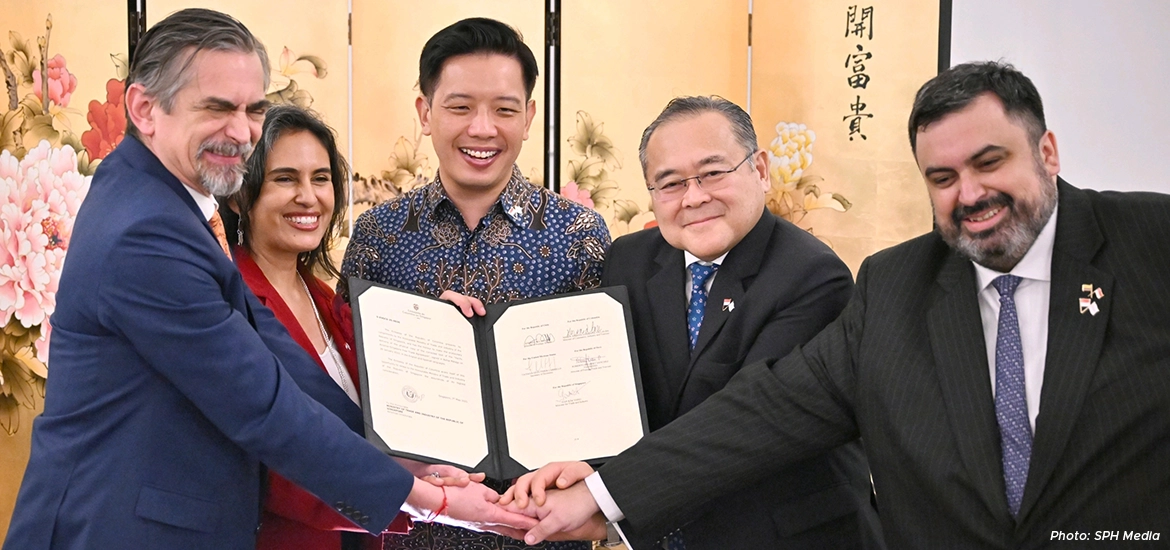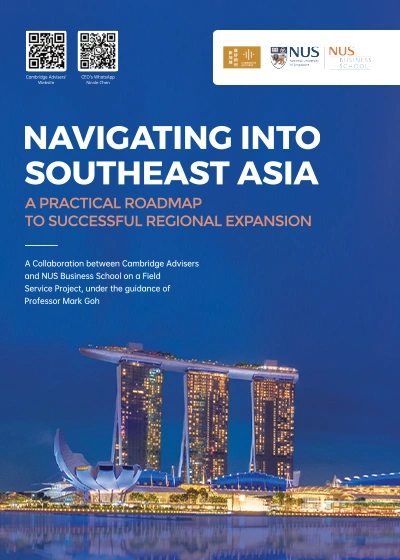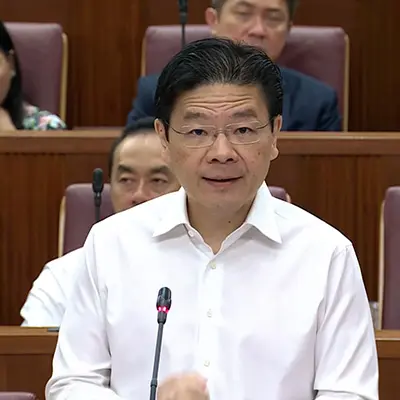The free trade agreement between Singapore and the Pacific Alliance will serve as a platform for Singapore’s businesses to access new markets and new opportunities in Latin America, said Minister of State for Trade and Industry Alvin Tan on 7 May.
Speaking at a dinner at The Fullerton Hotel to commemorate the recent entry into force of the Pacific Alliance-Singapore Free Trade Agreement (PASFTA) for Singapore, Chile, and Peru, Mr Tan said the pact “fosters an environment of predictability and fairness, which is crucial for our investors and businesses to make decisions, operate with confidence and thrive”.
The FTA will give Singapore companies greater access to the Pacific Alliance countries – Chile, Colombia, Mexico, and Peru – that are collectively deemed the world’s ninth-largest economy, with a total population of 235 million.
The four countries of the Pacific Alliance have a combined gross domestic product (GDP) of more than US$2.7 trillion (S$3.5 trillion) in nominal terms, accounting for about 40 per cent of the total GDP of the Latin America and Caribbean region, according to the World Bank.
The PASFTA was signed on 26 January 2022.
Singapore ratified the agreement in July that year, and Peru in February 2023. Chile ratified the pact in March 2025, bringing the PASFTA into force for the three countries on 3 May.
Mr Tan said that beyond the PASFTA, Singapore and its partners in Latin America are engaging in the avoidance of double taxation agreements, as well as frameworks to facilitate digital trade and green economy collaboration.








